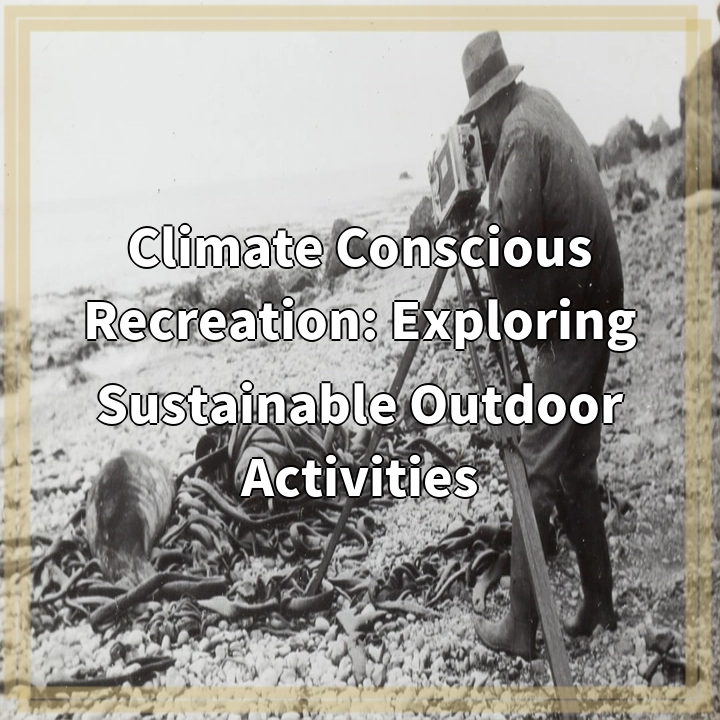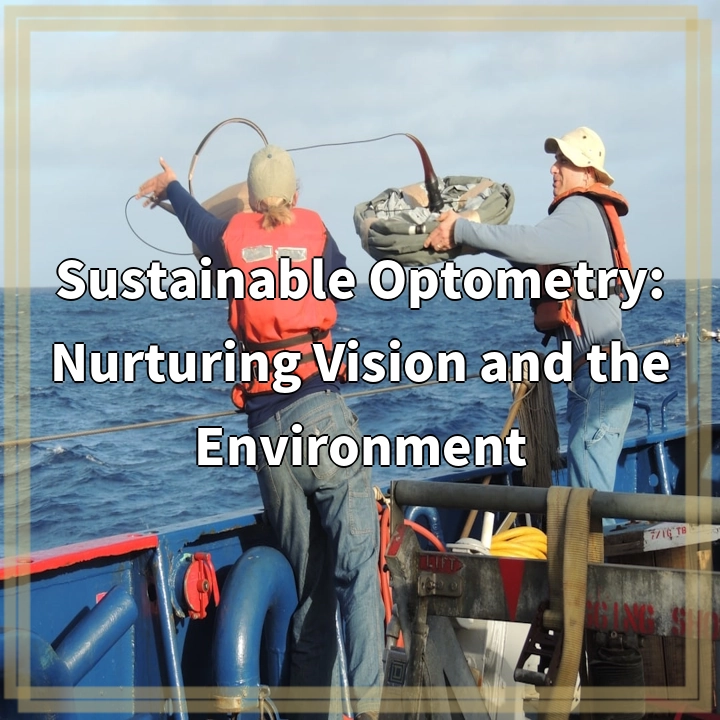
What is Climate Conscious Recreation?
Climate Conscious Recreation is an approach to outdoor activities that focuses on minimizing the negative environmental impact and promoting sustainability. It involves being mindful of our actions and choices while engaging in recreational activities to lessen our carbon footprint and preserve natural resources.
Real-World Problems
While outdoor recreation can have numerous benefits for individuals and communities, it also poses significant challenges to the environment. Here are some of the real-world problems associated with traditional outdoor activities:
1. Carbon Emissions
Many outdoor activities, such as driving to nature reserves or using motorized vehicles for recreational purposes, contribute to carbon emissions. The burning of fossil fuels releases greenhouse gases into the atmosphere, exacerbating climate change and its associated impacts.
2. Habitat Destruction
Unplanned and unregulated outdoor activities can lead to habitat destruction and loss of biodiversity. Human presence and disturbance in sensitive ecosystems can disrupt natural habitats, fragment wildlife populations, and destroy critical breeding grounds.
3. Waste Generation
Outdoor activities often generate significant amounts of waste, including packaging materials, single-use plastics, and discarded equipment. Improper waste management practices can result in pollution of water bodies, soil degradation, and harm to wildlife through accidental ingestion or entanglement.
4. Resource Depletion
Irresponsible use of natural resources, such as excessive water consumption for recreational purposes or over-harvesting of firewood for camping, can lead to resource depletion and ecological imbalance. It is essential to conserve these resources to ensure their availability for future generations.
5. Invasive Species
Outdoor activities can inadvertently introduce invasive species to native habitats, disrupting delicate ecosystems. Invasive species can outcompete native plants and animals, leading to the loss of biodiversity and altering natural ecological processes.
6. Overcrowding
The popularity of outdoor recreation can result in overcrowding at popular destinations, placing a strain on natural areas and their ecosystems. Increased foot traffic can lead to soil erosion, damage to vegetation, and degradation of fragile landscapes.

Solutions for Climate Conscious Recreation
Addressing the real-world problems associated with traditional outdoor activities requires a proactive and conscious approach. Here are some solutions to promote sustainable and environmentally-friendly outdoor recreation:
1. Sustainable Transportation
Opt for alternative modes of transportation such as biking, walking, or public transportation whenever possible. Carpooling and using electric vehicles can also help reduce carbon emissions associated with outdoor activities.
2. Leave No Trace Principles
Follow the principles of Leave No Trace, which include packing out all trash, minimizing campfire impacts, respecting wildlife, staying on designated trails, and practicing proper waste disposal. These actions help minimize habitat destruction, waste generation, and resource depletion.
3. Adopt Low-Impact Practices
Choose outdoor activities that have minimal impact on the environment, such as hiking, birdwatching, or kayaking. Avoid activities that could harm sensitive habitats or disturb wildlife, and learn about any area-specific guidelines or regulations to ensure responsible behavior.
4. Responsible Gear Choices
Select eco-friendly outdoor gear and equipment made from sustainable materials. Opt for durable and long-lasting products that can be repaired instead of constantly buying new ones. Avoid disposable or single-use items whenever possible.
5. Support Local Initiatives
Get involved in local conservation and environmental organizations. Participate in community clean-up events, volunteer for habitat restoration projects, and support initiatives that promote sustainable outdoor recreation in your area.
6. Educate and Raise Awareness
Spread the word about climate-conscious recreation and its benefits. Share your experiences and knowledge on social media platforms, through personal blogs, or by organizing educational events. Encourage others to adopt sustainable practices and become informed advocates for the environment.















